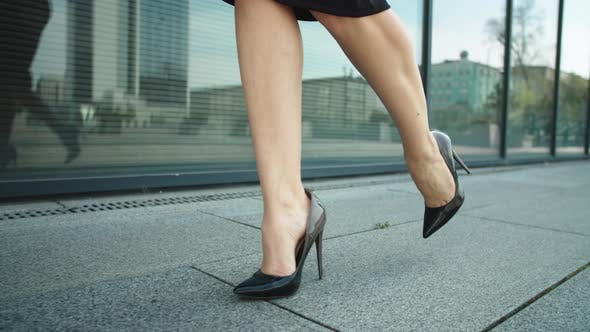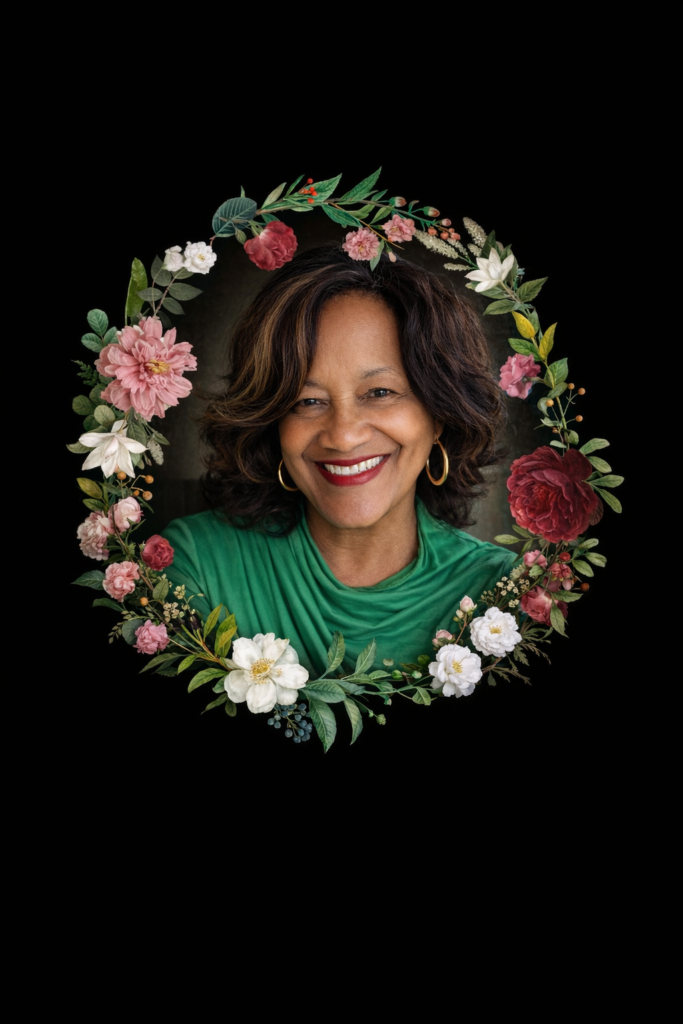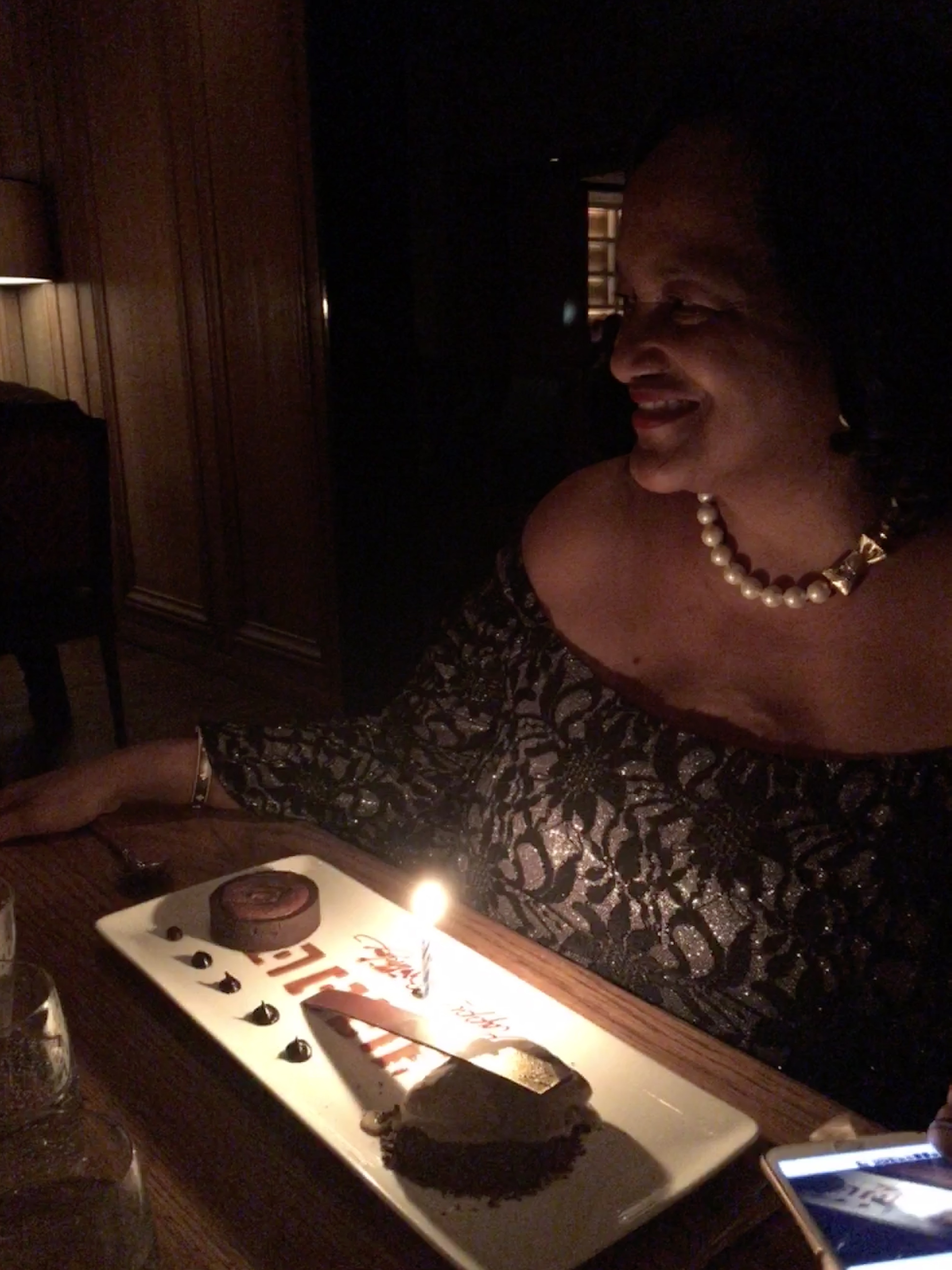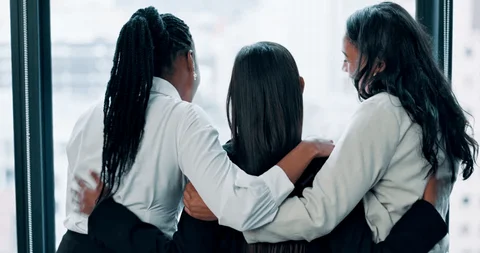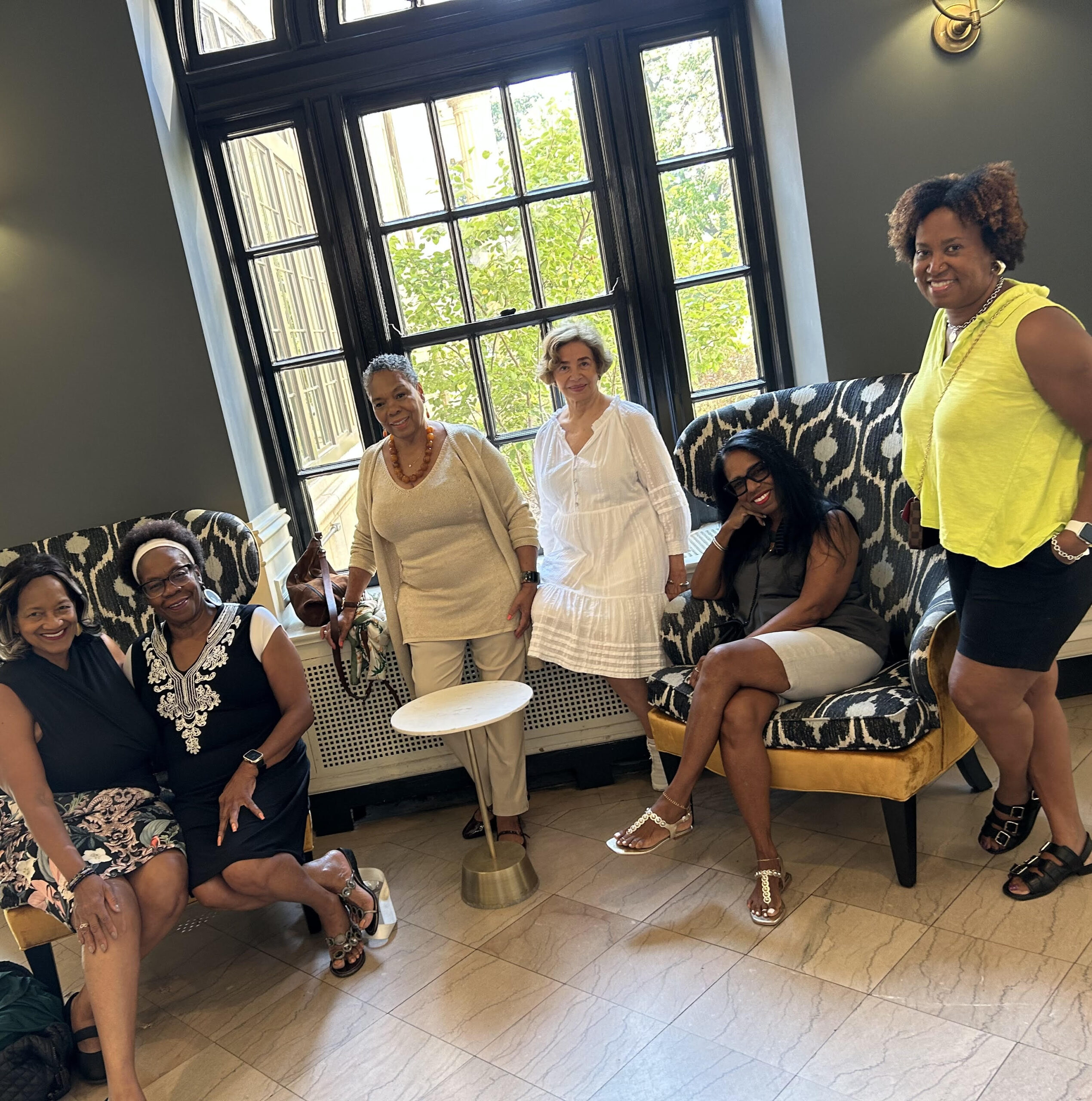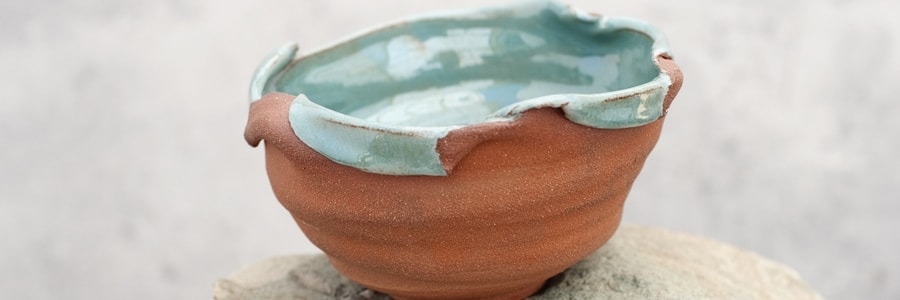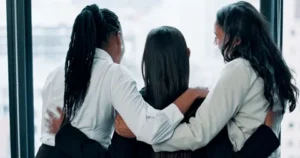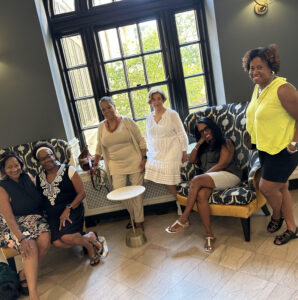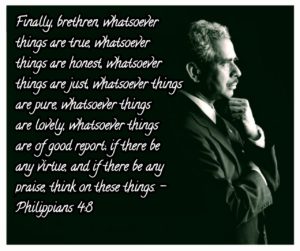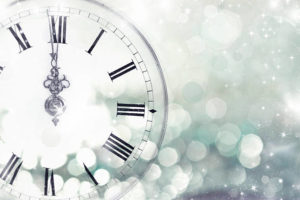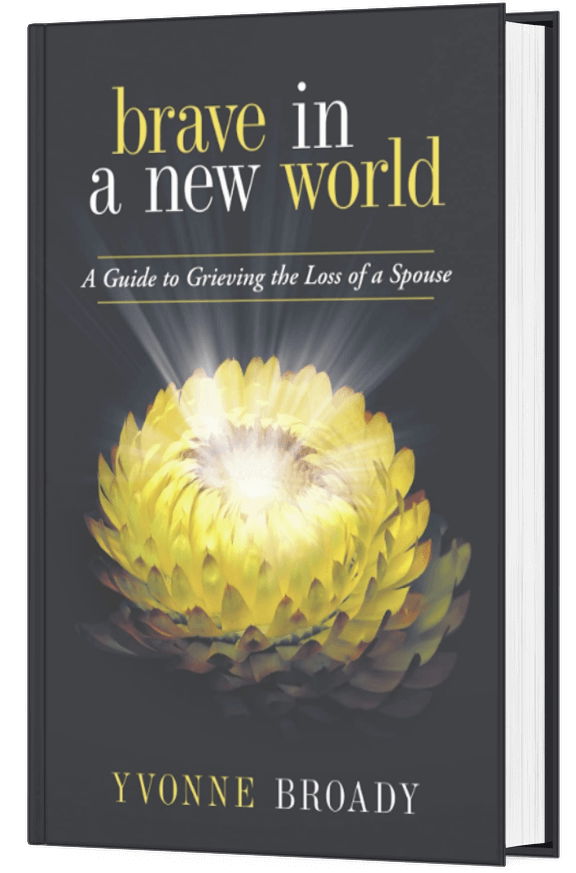When I was a little girl I used to cry a lot. I was a pretty sensitive child. I cried at the end of sad movies, I cried at the end of sad cartoons, yes cartoons.If the cat ate the mouse,I felt sorry. When I saw an injured animal or a person down on their luck, I felt bad for them, my heart would go out to them and sometimes when I was alone I might shed a tear. I cried when I saw somebody being bullied. I cried when I read the Little Match Girl over and over and over again. I cried when I stumped my toe, I bumped my head, or I scraped my knee ( I was rather clumsy). My point is that I was a crier for sure. I never held in tears. I would weep whenever I felt bad about something or experienced a hurt. After a while, however, I would be able to wipe my eyes and move on. I was really in touch with my feelings very early on in my life; some might say more than most. Being stoic, keeping that stiff upper lip, was not my way. When I think back on that time, these reminiscences are the extent of my early experiences with grief. I was fortunate to have had no major losses, no catastrophes as I was in the early stages of my emotional development and my responses to life’s circumstances.
I used to be curious about those who didn’t cry. I would wonder where their tears were. I wondered how people held it together. As I got older and developed an emotional maturity ,I still felt empathy for others who found themselves in unfortunate situations, although now I was far less apt to cry at the drop of a hat.
I must say, however , that as I grieved the loss of my husband, there was a sense of relief that I felt after crying. I call these tears cleansing tears. After a while I would feel better because I had an outlet for my grief and in time I felt my life moving forward. Grief needs to be released in some way. When one has suffered the loss of a spouse, parent, a child, or someone close, sometimes it is difficult to bring oneself to cry. Maybe they’re not a crier like me and possibly they may falsely feel that they have to be strong for others.Even further they might feel that to cry is a sign of weakness. It’s also possible that a person feels that if they start to cry they’ll never be able to stop. I felt that way at first,but I just surrendered to what I was feeling and I would just cry ,cry,cry ,weep ,weep,weep, until I felt I had no more tears left.Eventually this daily tearful release would actually give me the strength to move my life forward bravely. Bearing that stiff upper lip prevents one from feeling pain after loss. Understandably, no one wants to feel pain but conversely if we do not, we run the risk of becoming brittle,and bitter inside. When we don’t grieve, that sadness remains and follows us wherever we go. I call it shadow grief, a grief that appears to no longer exist, but at some point it will rear it’s ugly head and wreak havoc in our lives.This is due to the fact that because the grief was never dealt with it remained unfinished business.Depression, dysfunctional relationships, addiction and disease are possible manifestations of lingering grief.
A few years ago I had knee surgery and the post op pain was excruciating, but I had to have the surgery because I could hardly walk. After the surgery, there was nothing for me to do but to deal with the pain. I followed the doctor’s orders to the letter. I had to feel the pain and do the work in order to heal. Eventually, the pain began to subside. It was a slow process, but I did everything that was required of me in order to be able to feel better. Eventually the pain completely disappeared and I was walking better than before.
So I would suggest that in order to move our lives forward that we feel the pain of loss head on. It is uncomfortable to think about dealing with pain after loss, but it is so important that we do. We must be able to extend empathy to ourselves and sooner than later is always best.
I was very fortunate to have had nothing but time in order to be able to grieve.I do not ascribe to the theory that keeping oneself busy is better than dealing with the pain of loss. Keeping busy just delays the grieving process. It is important to find the time to feel the pain, heal the grief and move one’s life forward.
I did not look forward to the same grim day everyday when I was grieving the loss of my husband Chuck, but in hindsight, plowing through each sad and dreary day was the only way that I could tackle the deep pain I was experiencing.After a time, I was able to rebuild my life. Soon, my life that had been shattered, became whole again in a new way. I had grieved my husband’s death consciously and deeply. Our unfinished life together was in essence completed, done. Eventually,I was able to step into my new life and today, I’m walking better than before.


